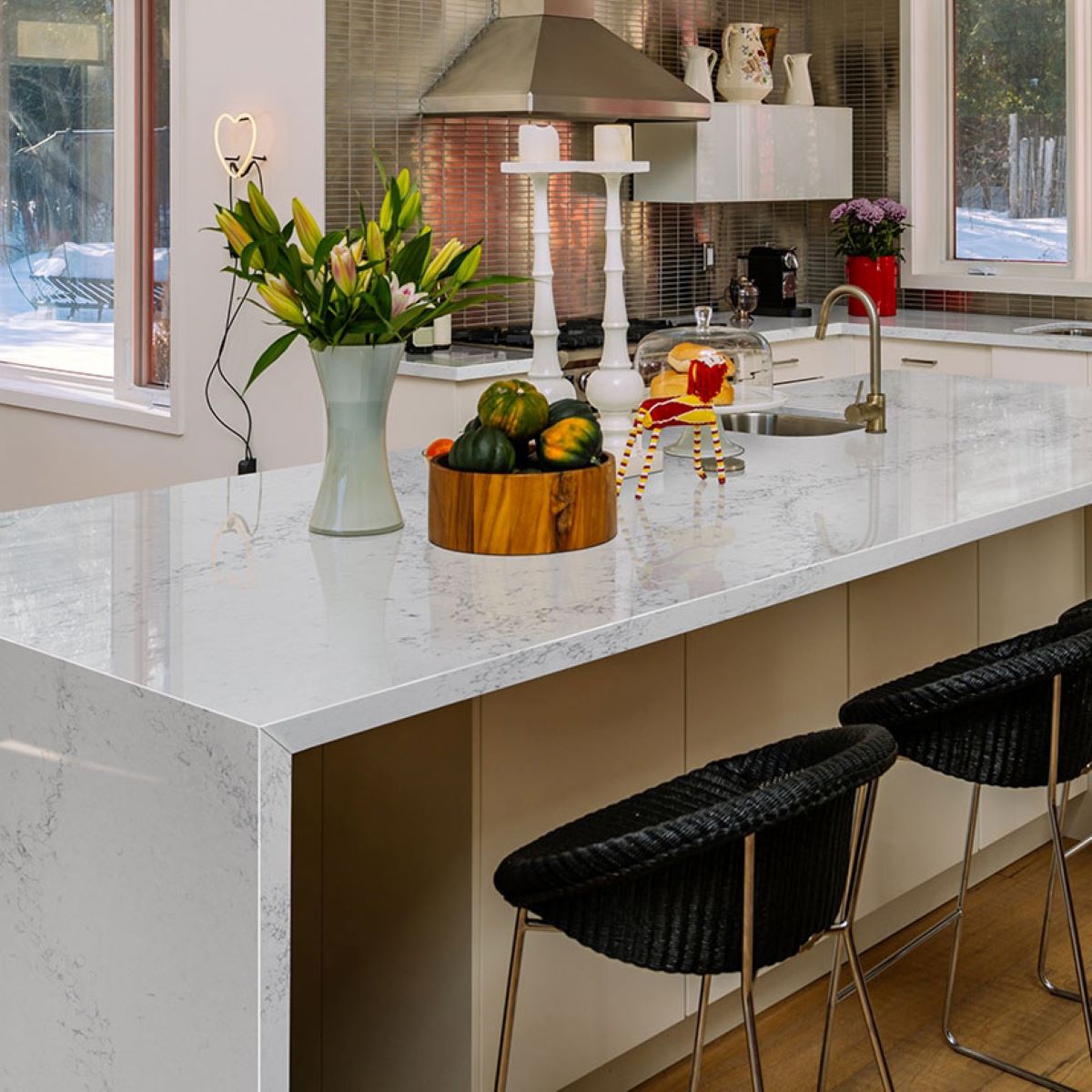

Articles
What Should You Not Use On Quartz Countertops
Modified: August 26, 2024
Discover the top articles on what products you should avoid using on quartz countertops. Learn how to properly care for and maintain your quartz surfaces for long-lasting beauty.
(Many of the links in this article redirect to a specific reviewed product. Your purchase of these products through affiliate links helps to generate commission for Storables.com, at no extra cost. Learn more)
Introduction
Quartz countertops have become increasingly popular in modern kitchens and bathrooms due to their durability, versatility, and aesthetic appeal. Made from a combination of natural quartz stone and resin, these countertops offer a beautiful and low maintenance option for homeowners. However, it’s important to understand that not all cleaning products and materials are suitable for use on quartz surfaces.
In this article, we will explore the top ten things that you should avoid using on your quartz countertops to ensure they maintain their pristine look and last for years to come. From harsh chemicals to abrasive cleaners, we’ll provide you with valuable information on what to steer clear of in your quartz countertop care routine.
By understanding the potential risks associated with certain products, you can make informed decisions and use the right tools to keep your quartz countertops looking their best. So, let’s dive in and discover what not to use on your quartz countertops.
Key Takeaways:
- Protect your quartz countertops by avoiding abrasive cleaners, harsh chemicals, and acidic substances. Use gentle cleaning methods and tools to maintain their pristine appearance and longevity.
- Prevent damage to your quartz countertops by steering clear of wax, high heat, and sharp objects. Promptly address oil-based stains and spills, and always use protective measures to preserve the beauty of your countertops.
Read more: What Are Quartz Countertops
Abrasive Cleaners
When it comes to cleaning your quartz countertops, one of the first things to avoid is abrasive cleaners. These are products that contain harsh chemicals or particles that can scratch and damage the surface of your countertops. Examples include scouring powders, cream-based cleaners, and scrub brushes with stiff bristles.
Quartz countertops have a smooth and non-porous surface, which makes them resistant to stains and bacteria. However, using abrasive cleaners can create microscopic scratches that can dull the shine and make your countertops more susceptible to staining over time. These scratches can also provide a breeding ground for bacteria, compromising the cleanliness and hygiene of your kitchen or bathroom.
Instead, opt for gentle cleansers that are specifically formulated for quartz countertops. Look for pH-neutral or mild dish soap solutions that won’t strip away the protective sealant on the surface. Combine warm water with a few drops of dish soap and use a soft cloth or sponge to wipe down the countertops.
For tougher stains or dried-on spills, you can create a paste using baking soda and water. Gently rub the paste onto the stain with a soft cloth or sponge, then rinse thoroughly with water. Avoid using abrasive sponges or scrub brushes, as they can still cause damage to the surface.
Remember to always rinse the countertops with clean water after cleaning to remove any residue. Dry the surface with a soft cloth to prevent water spots and keep your quartz countertops looking their best.
By avoiding abrasive cleaners, you can protect the integrity of your quartz countertops and maintain their beautiful appearance for years to come.
Bleach or Harsh Chemicals
While bleach is a powerful disinfectant, it is not suitable for cleaning quartz countertops. Bleach and other harsh chemicals, such as ammonia-based cleaners and oven cleaners, can cause damage to the surface of your countertops and degrade the protective sealant.
Exposure to bleach can lead to discoloration, fading, or even a complete change in the color of your quartz countertops. It can also weaken the bonding agent in the quartz, making it more susceptible to chipping and cracking. Additionally, harsh chemicals can strip away the protective sealant, leaving your countertops vulnerable to stains and bacterial growth.
Instead of using bleach or harsh chemicals, opt for gentle and safe cleaning alternatives. As mentioned earlier, a mixture of warm water and mild dish soap is effective for regular cleaning. For tougher stains, you can use a non-abrasive cleaner specifically designed for quartz surfaces. These cleaners are generally free from harsh chemicals and are safe to use, ensuring that your countertops remain in pristine condition.
If you’re concerned about disinfecting your countertops, especially in areas where food is prepared, you can use a solution of 70% isopropyl alcohol and water. This mixture is effective in killing bacteria and viruses without causing any damage to quartz surfaces. Simply spray the solution on the countertops and wipe them down with a clean cloth.
Remember to always read the labels of the cleaning products you use and ensure they are safe for quartz countertops. Avoid any cleaners that contain bleach, ammonia, or other harsh chemicals, as they can cause irreversible damage. With proper care and the right cleaning products, your quartz countertops will retain their beauty and longevity.
Vinegar or Lemon Juice
While vinegar and lemon juice are commonly used as natural cleaning agents, they should be avoided when it comes to cleaning quartz countertops. Both vinegar and lemon juice contain acidic properties that can etch and damage the surface of your countertops over time.
The acidity in vinegar and lemon juice can react with the calcium carbonate in the quartz, causing the surface to become dull and lose its shine. This can result in permanent damage that cannot be repaired. Additionally, the acidic nature of these substances can erode the protective sealant, making your countertops more susceptible to stains and discoloration.
Instead of using vinegar or lemon juice, opt for gentler cleaning alternatives that won’t harm your quartz countertops. As mentioned earlier, a mixture of warm water and mild dish soap is an effective and safe option. It will remove dirt, grime, and most stains without causing any damage.
If you’re looking for a natural cleaning solution, consider using a mixture of water and isopropyl alcohol. This blend will not only effectively clean the surface but also disinfect it, killing bacteria and viruses. Be sure to carefully follow the recommended dilution ratio for isopropyl alcohol to avoid any potential damage.
When cleaning your countertops, always use a soft cloth or non-abrasive sponge to avoid scratching the surface. Gently wipe down the countertops and rinse thoroughly with clean water to remove any residue. Dry the surface with a soft cloth to prevent water spots and keep your quartz countertops looking their best.
By avoiding vinegar and lemon juice, you can preserve the beauty and durability of your quartz countertops for years to come. Opt for safer cleaning alternatives to ensure that your countertops remain in excellent condition without any unsightly damage or deterioration.
Scouring Pads or Steel Wool
When tackling stubborn stains or dried-on spills, it may be tempting to reach for scouring pads or steel wool to scrub away the dirt. However, these abrasive materials should never be used on quartz countertops.
Quartz countertops have a smooth and non-porous surface that can be easily scratched by the rough texture of scouring pads or steel wool. Even if the scratches are not immediately visible, they can accumulate over time, dulling the shine and compromising the integrity of the surface.
If you encounter a stubborn stain or spill, it’s best to start with a gentle cleaning method. Mix warm water with mild dish soap and use a soft cloth or sponge to gently scrub the area. For tougher stains, you can create a paste using baking soda and water and apply it to the stain. Allow the paste to sit for a few minutes before gently scrubbing with a soft cloth or sponge.
If the stain persists, avoid using scouring pads or steel wool. Instead, use a non-abrasive nylon brush specifically designed for cleaning quartz surfaces. These brushes have softer bristles that can effectively remove stains without causing any damage.
Remember, prevention is key when it comes to maintaining the beauty of your quartz countertops. Wipe up spills promptly to prevent them from drying and becoming more challenging to clean. By following a regular cleaning routine and avoiding abrasive materials, you can keep your countertops looking flawless for years to come.
In the event that you accidentally scratch your quartz countertops, contact a professional for guidance on how to repair the damage. They will have the expertise to assess the severity of the scratch and recommend the appropriate course of action to restore the surface.
With proper care and gentle cleaning methods, your quartz countertops will remain in pristine condition, free from unsightly scratches and damage.
Wax or Sealants
While it may seem counterintuitive, avoid using wax or sealants on your quartz countertops. Unlike other types of countertops, such as granite or marble, quartz surfaces do not require additional sealing or waxing.
Quartz countertops are manufactured to be non-porous, meaning they have a protective layer that prevents liquids and stains from penetrating the surface. This inherent feature makes quartz highly resistant to stains and bacteria growth, eliminating the need for a sealant.
Applying wax or sealants to quartz countertops may result in a cloudy or hazy appearance. The chemicals in these products can create a build-up over time, making the surface look dull and unattractive. Additionally, wax can make the surface slippery, which can pose a safety hazard in the kitchen or bathroom.
To clean and maintain the shine of your quartz countertops, simply use mild dish soap and warm water. This will effectively remove dirt, grime, and most stains without causing any damage. Always rinse thoroughly with clean water and dry the surface with a soft cloth to prevent water spots and maintain the natural luster.
If you want to enhance the shine of your countertops, you can use a non-abrasive quartz polish specifically designed for this purpose. Follow the product instructions carefully and use a soft cloth to gently buff the surface. This will help revive the shine and keep your countertops looking their best.
By avoiding wax and sealants, you can preserve the natural beauty and durability of your quartz countertops. Stick to regular cleaning routines and use products specifically formulated for quartz surfaces to ensure they remain in excellent condition for years to come.
Avoid using harsh chemicals or abrasive cleaners on quartz countertops as they can cause damage to the surface. Stick to mild soap and water for regular cleaning.
High Heat
Quartz countertops are heat resistant, but they are not entirely heatproof. Exposing your countertops to high heat can cause irreversible damage, including discoloration, cracks, or even melting.
Avoid placing hot pots, pans, or baking trays directly on the surface of your quartz countertops. The extreme temperature can penetrate the resin and cause the quartz to expand and contract rapidly, leading to cracks or fissures. Additionally, sudden temperature changes can cause thermal shock, which may result in the shattering of the countertop.
To protect your quartz countertops from heat damage, always use trivets, hot pads, or heat-resistant mats when placing hot items on the surface. These protective measures can act as a barrier, preventing direct contact between the hot object and the countertop.
It’s essential to note that quartz countertops have a higher heat tolerance compared to other materials like laminate or wood. However, it’s always best to err on the side of caution and use proper heat protection to prolong the lifespan and appearance of your quartz countertops.
If you accidentally expose your quartz countertops to high heat and notice any damage, it’s recommended to contact a professional for assessment and repair. They will have the expertise to evaluate the extent of the damage and suggest appropriate solutions to restore the surface.
By practicing caution and using heat-resistant mats or trivets, you can maintain the integrity and beauty of your quartz countertops. Remember, prevention is key when it comes to protecting your countertops from heat damage.
Sharp Objects
Quartz countertops are known for their durability and resistance to scratches, but that doesn’t mean they are completely impervious to damage caused by sharp objects. It is essential to avoid using sharp tools, knives, or utensils directly on the surface of your quartz countertops.
While quartz is harder than most natural stones, it is not completely scratch-proof. Sharp objects can leave visible scratches or marks on the surface, particularly if excessive force is applied. These scratches can not only detract from the appearance of your countertops but also provide an entry point for stains and bacteria to settle in.
To protect the surface of your quartz countertops from scratches, always use cutting boards, chopping blocks, or other protective surfaces when working with sharp objects. This simple precaution will help preserve the pristine beauty of your countertops and prevent unnecessary damage.
In addition to using cutting boards, be cautious when handling heavy kitchen appliances or other objects that could accidentally scrape or scratch the surface. Place a protective layer, such as a soft cloth or mat, beneath these items to provide an extra layer of defense against any potential damage.
If you do notice any scratches or marks on your quartz countertops, contact a professional for advice on how to address the issue. They may be able to buff out minor scratches or recommend more advanced solutions for deeper damage.
By adopting a mindful and careful approach to using sharp objects on your quartz countertops, you can maintain their smooth and flawless appearance. Utilizing cutting boards and taking precautions with heavy objects will go a long way in preserving the longevity and aesthetic appeal of your countertops.
Ammonia-Based Cleaners
When it comes to cleaning your quartz countertops, it’s important to avoid using ammonia-based cleaners. Ammonia is a strong chemical that can cause damage to the surface of your countertops, as well as compromise the protective sealant.
Ammonia-based cleaners can cause discoloration, fading, or even a change in the color of your quartz countertops. They can also strip away the protective sealant, leaving your countertops vulnerable to stains, bacteria growth, and other forms of damage.
Instead of using ammonia-based cleaners, opt for gentle and safe alternatives. A mixture of warm water and mild dish soap is effective for regular cleaning. This solution will remove dirt, grime, and most stains without causing any harm to your countertops.
For tougher stains, you can create a paste using baking soda and water. Gently rub the paste onto the stain with a soft cloth or sponge, then rinse thoroughly with water. Avoid using ammonia or ammonia-based cleaners, as they can cause more harm than good.
When choosing cleaning products, always read the labels and ensure they are specifically formulated for use on quartz countertops. Look for products that are pH-neutral and free from harsh chemicals. These products will clean your countertops effectively without causing any damage.
Remember to rinse the countertops with clean water after cleaning to remove any residue. Dry the surface with a soft cloth to prevent water spots and maintain the shine of your quartz countertops.
By avoiding ammonia-based cleaners, you can protect the integrity and beauty of your quartz countertops. Choose gentle cleaning alternatives and make sure to use products that are specifically designed for quartz surfaces. With proper care, your countertops will maintain their pristine condition for years to come.
Read more: What Will Stain Quartz Countertops
Strong Acids
When it comes to cleaning your quartz countertops, it’s important to steer clear of strong acids. These include common household acids like vinegar, lemon juice, and other acidic cleaners. While these substances are natural and commonly used for cleaning, they can cause damage to the surface of your quartz countertops.
Strong acids can erode the protective sealant on the surface of your countertops, making them more susceptible to staining, etching, and fading. They can also dull the natural shine and luster of your countertops over time. Additionally, repeated exposure to strong acids can cause the quartz to break down and weaken, leading to structural damage.
To clean your quartz countertops safely and effectively, opt for gentle and non-acidic cleaning solutions. A mixture of warm water and mild dish soap is sufficient for everyday cleaning. This solution will remove dirt, grease, and most stains without causing any harm to your countertops.
For tougher stains or dried-on spills, you can create a paste using baking soda and water. Apply the paste to the stain and gently scrub with a soft cloth or sponge. Rinse thoroughly with water and dry the surface with a soft cloth.
If you’re dealing with particularly stubborn stains, you can use a quartz-specific cleaner that is formulated to tackle tough stains without containing strong acids. These cleaners are designed to be safe for use on quartz countertops and will not cause any damage to the surface.
Remember to always read the labels of your cleaning products and ensure they are safe for use on quartz. Avoid any products that contain strong acids or harsh chemicals, as they can cause irreversible damage to your countertops.
By steering clear of strong acids and opting for gentle cleaning solutions, you can protect the longevity and beauty of your quartz countertops. With proper care, they will continue to enhance the aesthetics of your space for years to come.
Oil-Based Stains or Spills
It’s essential to address oil-based stains or spills on your quartz countertops promptly as they can penetrate the surface and leave unsightly marks. Examples of oil-based stains include cooking oils, greasy foods, and beauty products like lotions or creams.
Oil-based substances can leave behind stubborn stains if not properly cleaned. These stains can darken the quartz countertop and make it more challenging to remove over time. To prevent permanent damage, it’s crucial to take immediate action to tackle oil-based stains and spills.
When dealing with oil-based stains, avoid using harsh chemicals or abrasive materials that can further damage the surface. Instead, opt for gentle yet effective cleaning methods. Begin by wiping away any excess oil or residue using a soft cloth or paper towel.
Next, create a paste by combining a small amount of dish soap with baking soda. Apply the paste to the affected area and gently rub it in using a soft cloth or sponge. Let the paste sit for a few minutes to allow it to penetrate and lift the oil stain.
Afterward, use warm water or a quartz-approved cleaner to rinse away the paste thoroughly. Repeat the process if necessary until the stain is no longer visible. Finally, dry the countertop with a soft cloth to prevent water spots or streaks from forming.
If the oil-based stain persists despite your efforts, consider using a degreaser specifically formulated for quartz countertops. Always read the instructions and follow the manufacturer’s recommendations to ensure safe and effective use.
To prevent oil-based stains in the first place, it’s advisable to wipe up any spills or splatters immediately. Regularly clean the countertop with a mild dish soap and warm water solution to remove any surface oils or residue.
By taking quick action and using appropriate cleaning methods, you can effectively remove oil-based stains or spills from your quartz countertops and keep them looking pristine for years to come.
Conclusion
Quartz countertops are a popular choice for homeowners due to their durability, versatility, and aesthetic appeal. To ensure that your quartz countertops maintain their beauty and functionality for years to come, it’s crucial to avoid certain products and practices that can damage them.
In this article, we’ve covered the top ten things that you should not use on your quartz countertops. Avoiding abrasive cleaners, bleach or harsh chemicals, vinegar or lemon juice, scouring pads or steel wool, wax or sealants, high heat, sharp objects, ammonia-based cleaners, strong acids, and oil-based stains or spills will help preserve and protect your countertops.
Instead, adopt a gentle and cautious cleaning routine. Use mild dish soap and warm water for regular cleaning, and opt for non-abrasive cleaning tools like soft cloths or sponges. When dealing with tough stains, consider using baking soda paste or quartz-approved cleaners. Additionally, prevent damage by using cutting boards, trivets, or heat-resistant mats to protect your countertops from high heat.
By following these guidelines and proper maintenance practices, you can keep your quartz countertops looking beautiful and extend their lifespan. Remember, prevention is key in maintaining the integrity of the surface. Promptly address spills and stains, and avoid using products or tools that can cause scratches, discoloration, or other forms of damage.
If you’re ever unsure about a cleaning product or technique, consult the manufacturer’s recommendations or seek professional advice. Their expertise can help you make informed decisions and take the best care of your quartz countertops.
Investing time and effort into maintaining and protecting your quartz countertops will pay off in the long run. With proper care, your countertops will continue to enhance the aesthetic appeal of your kitchen or bathroom and provide a durable and functional surface for your daily activities.
Frequently Asked Questions about What Should You Not Use On Quartz Countertops
Was this page helpful?
At Storables.com, we guarantee accurate and reliable information. Our content, validated by Expert Board Contributors, is crafted following stringent Editorial Policies. We're committed to providing you with well-researched, expert-backed insights for all your informational needs.

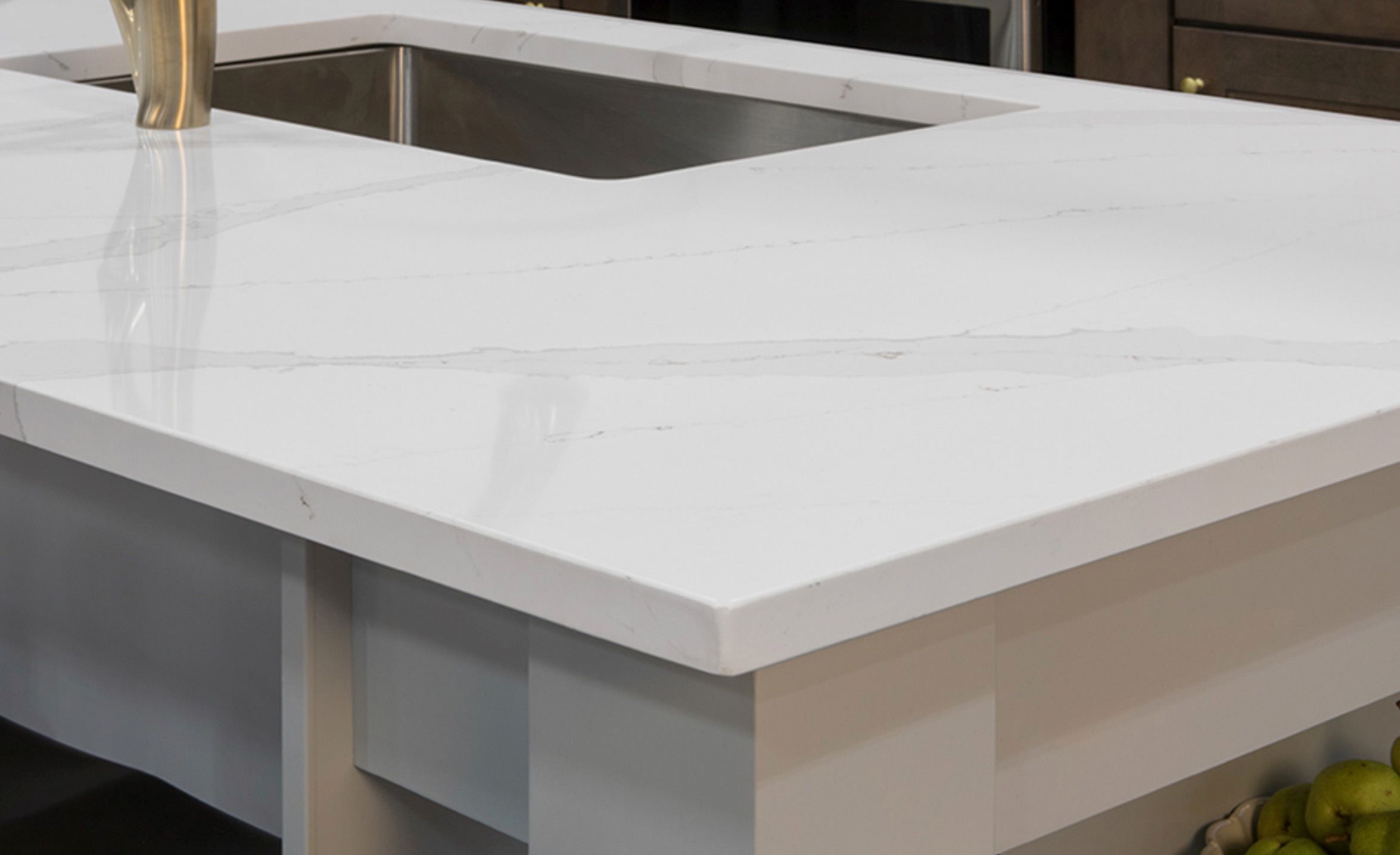
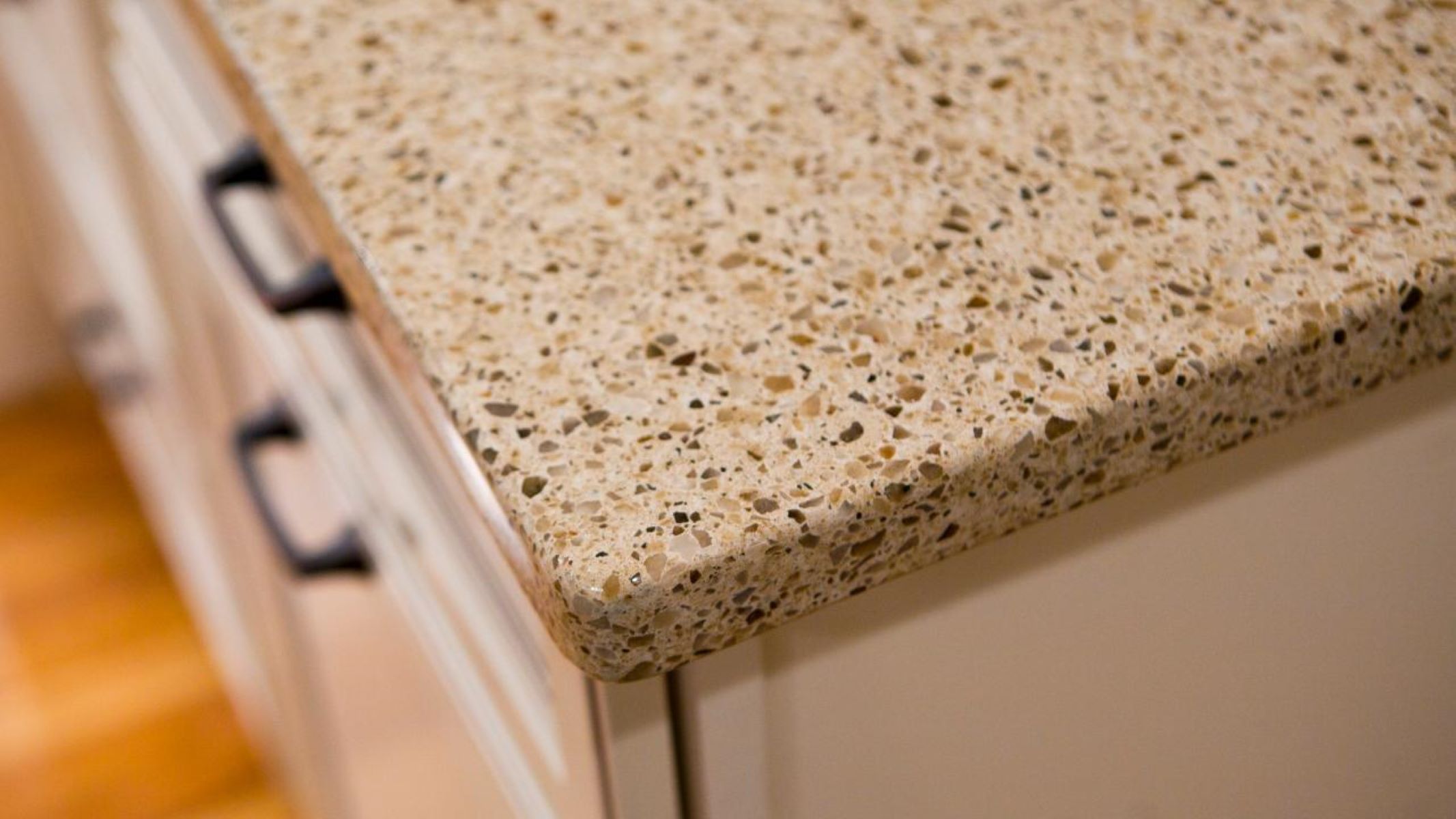
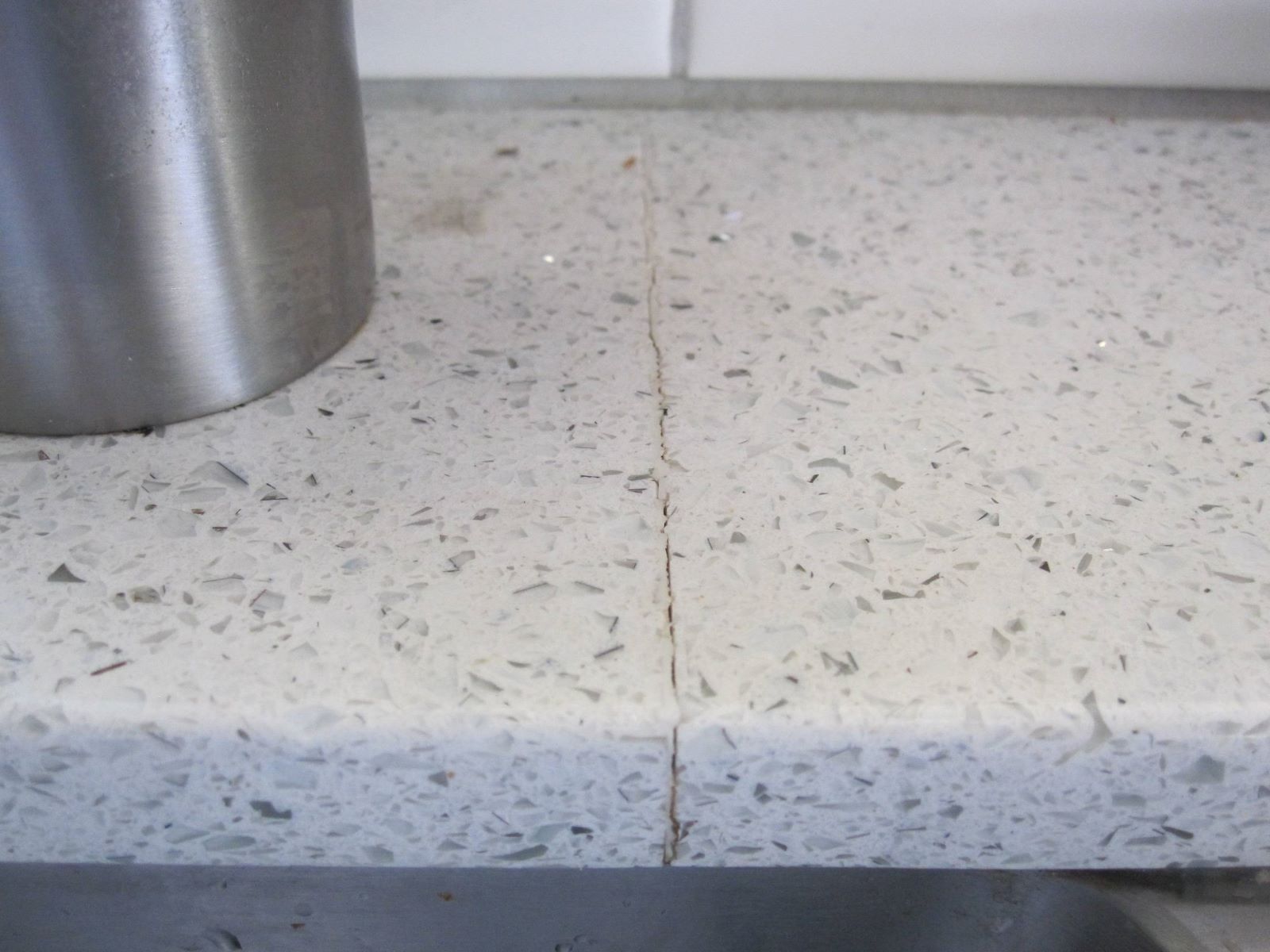
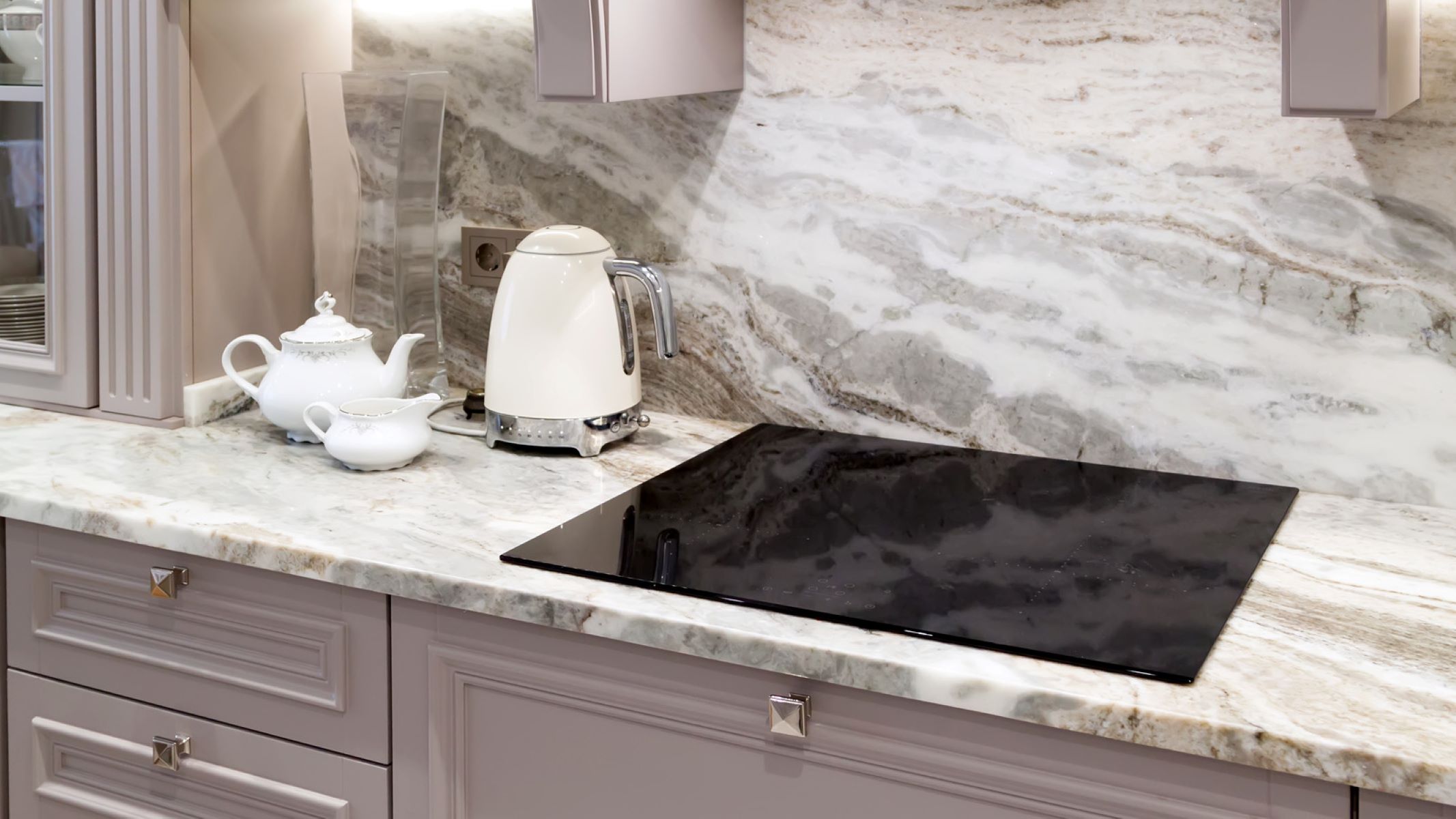
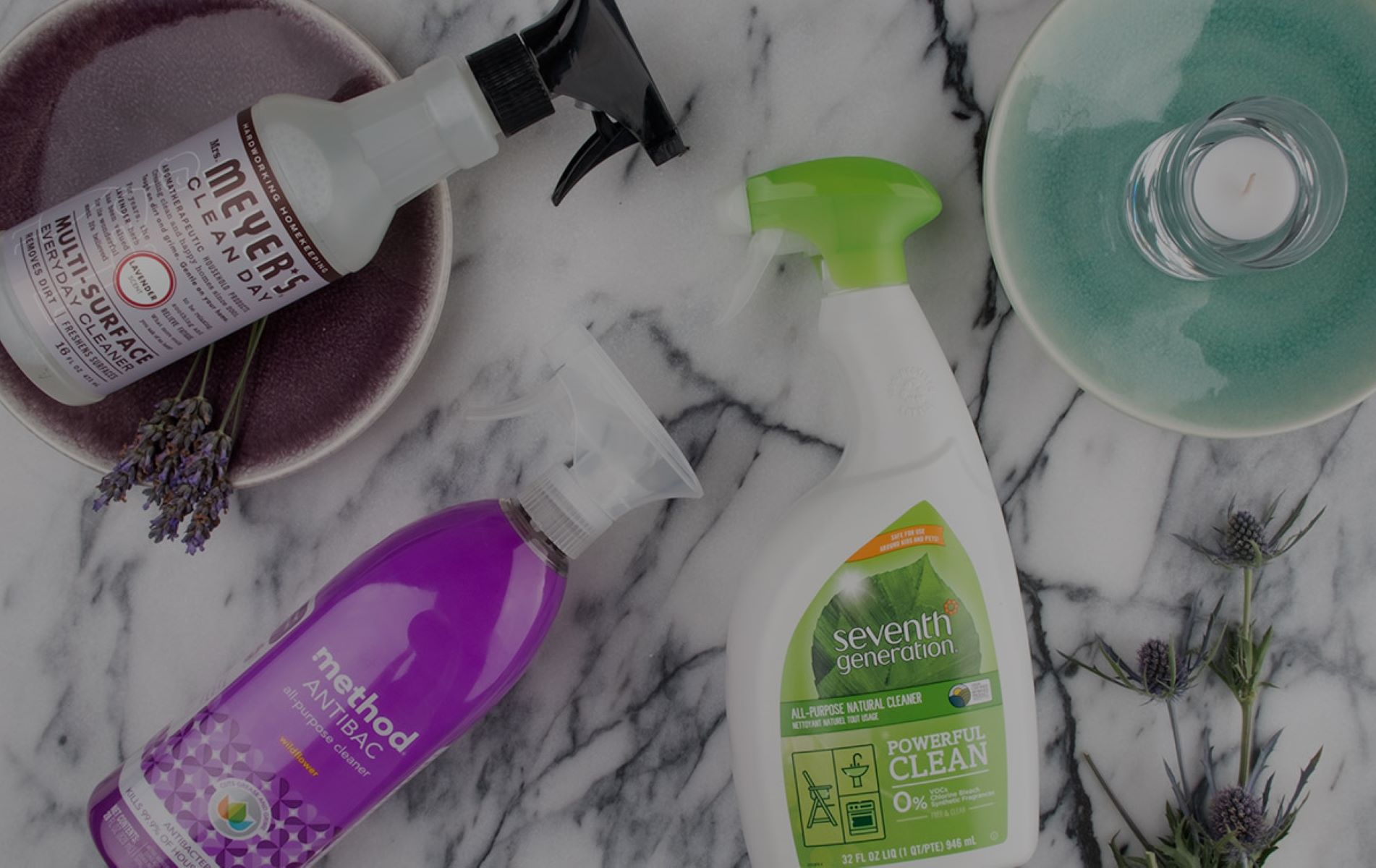

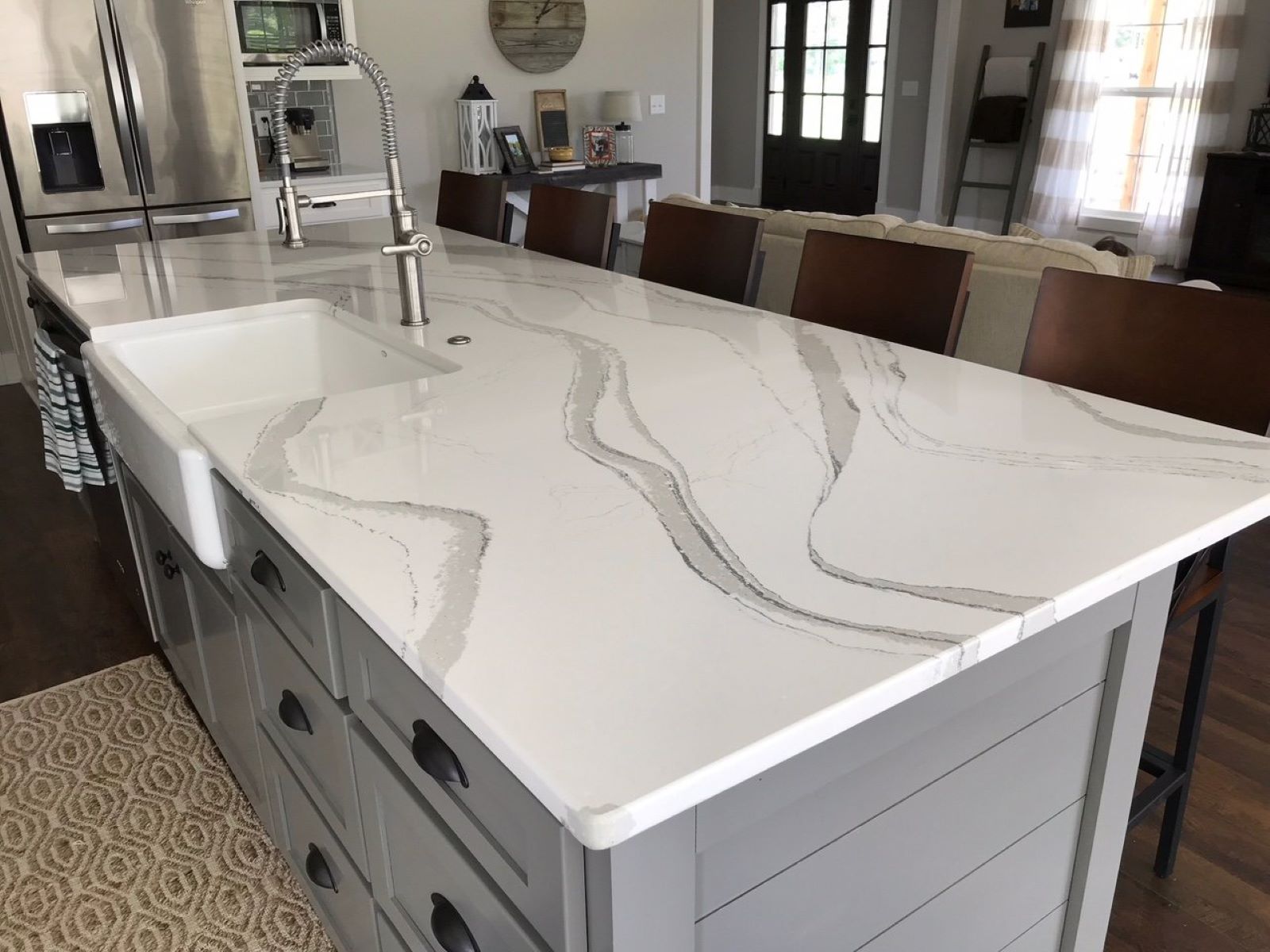
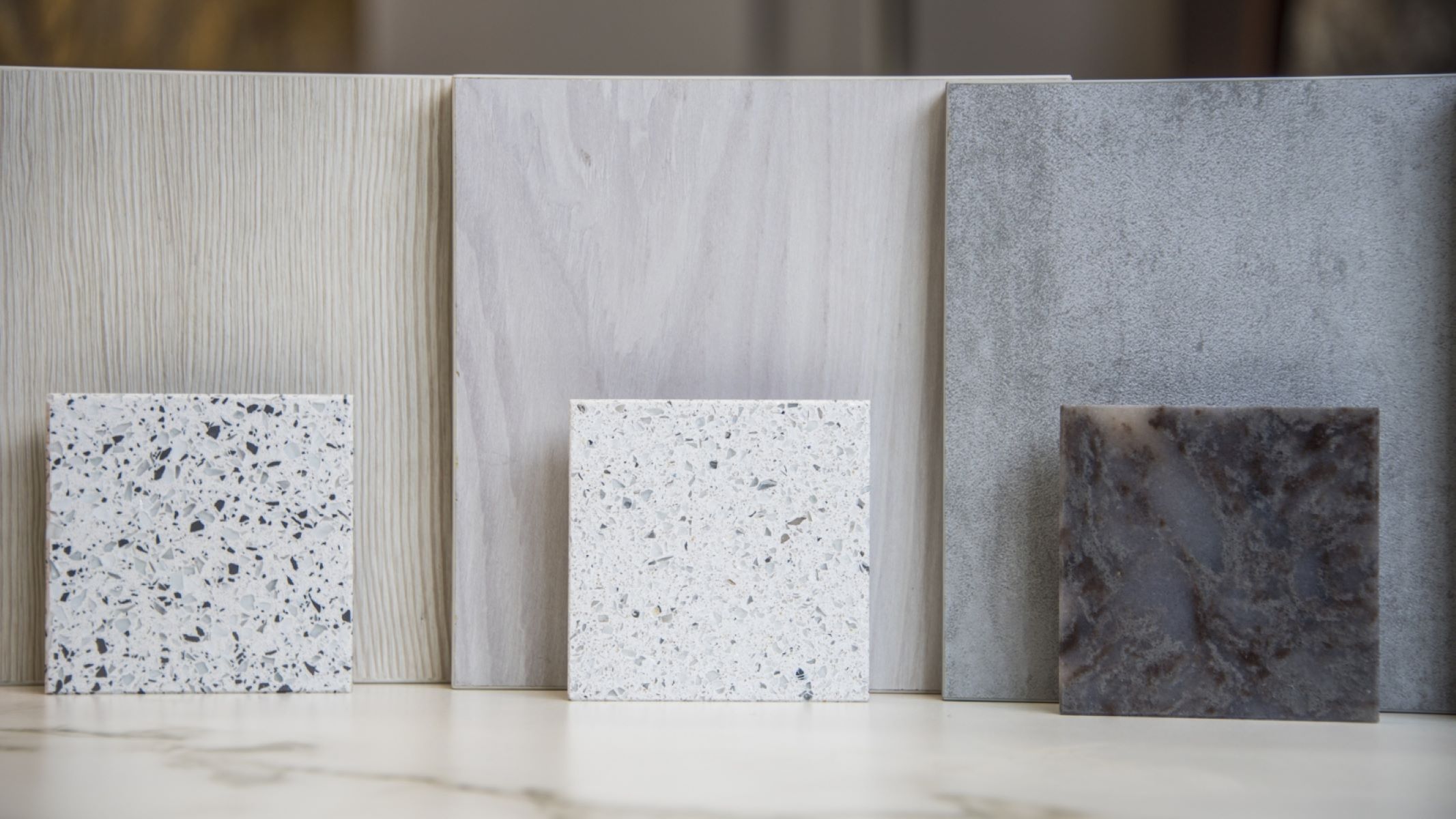

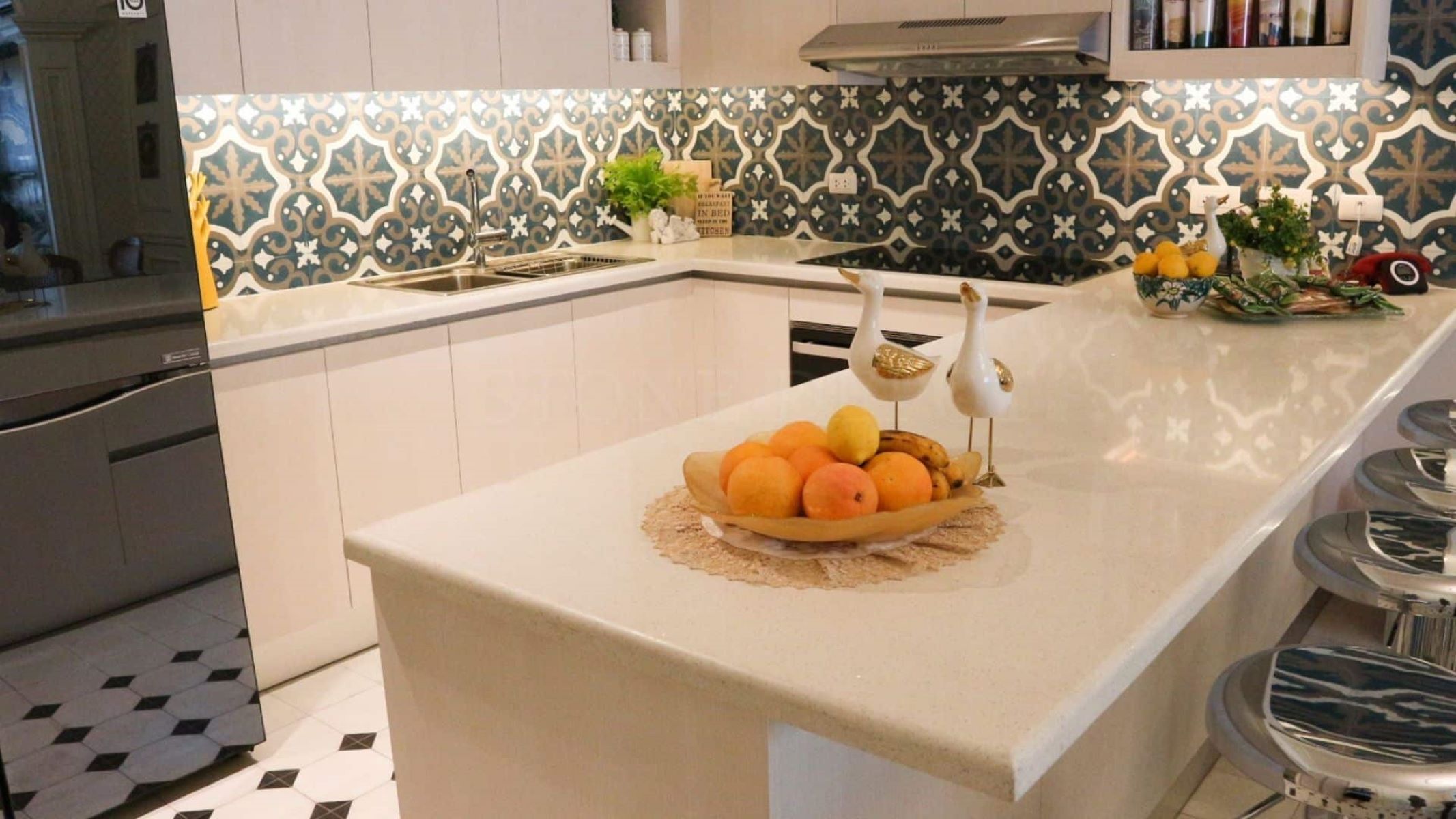
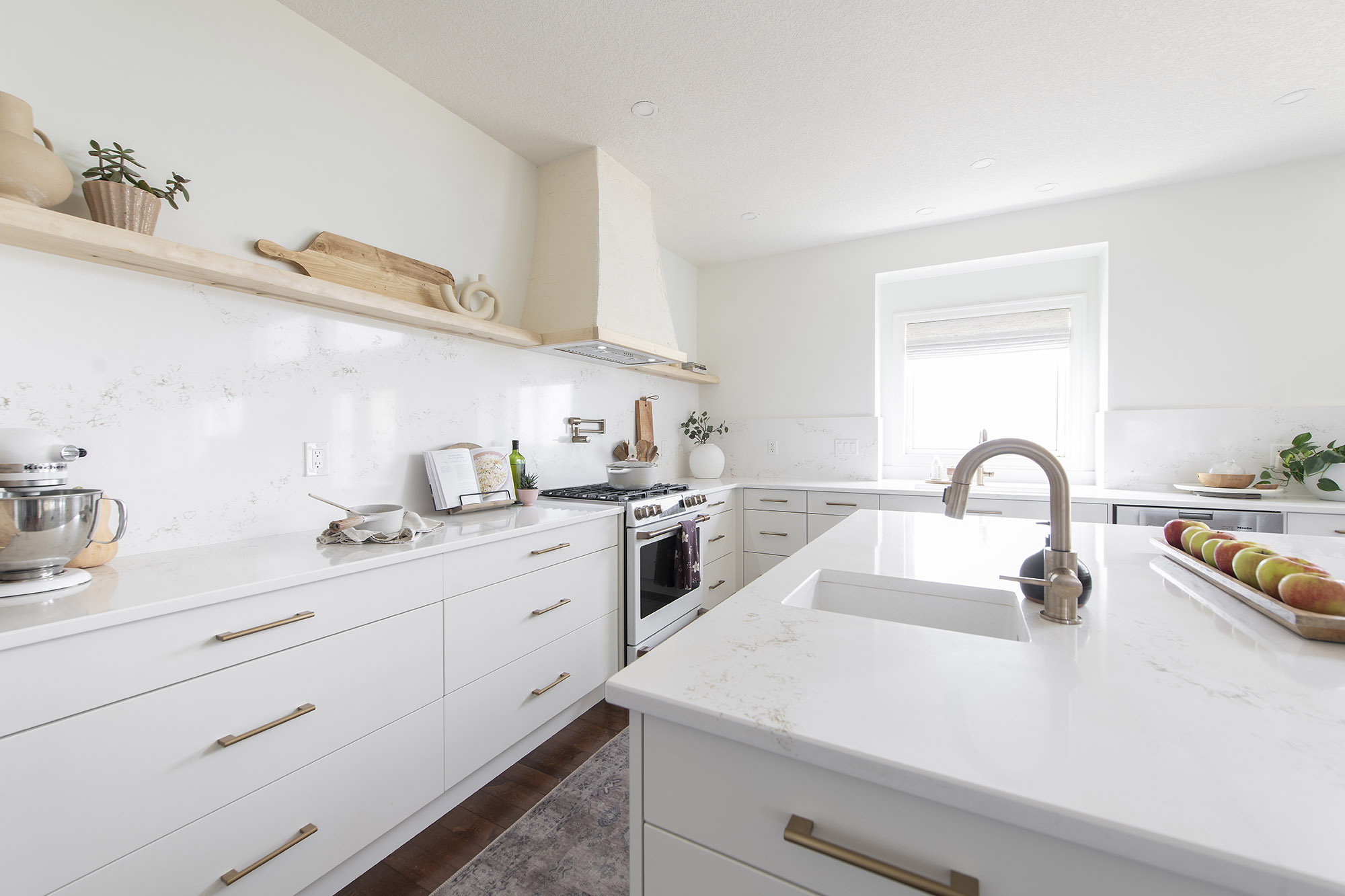
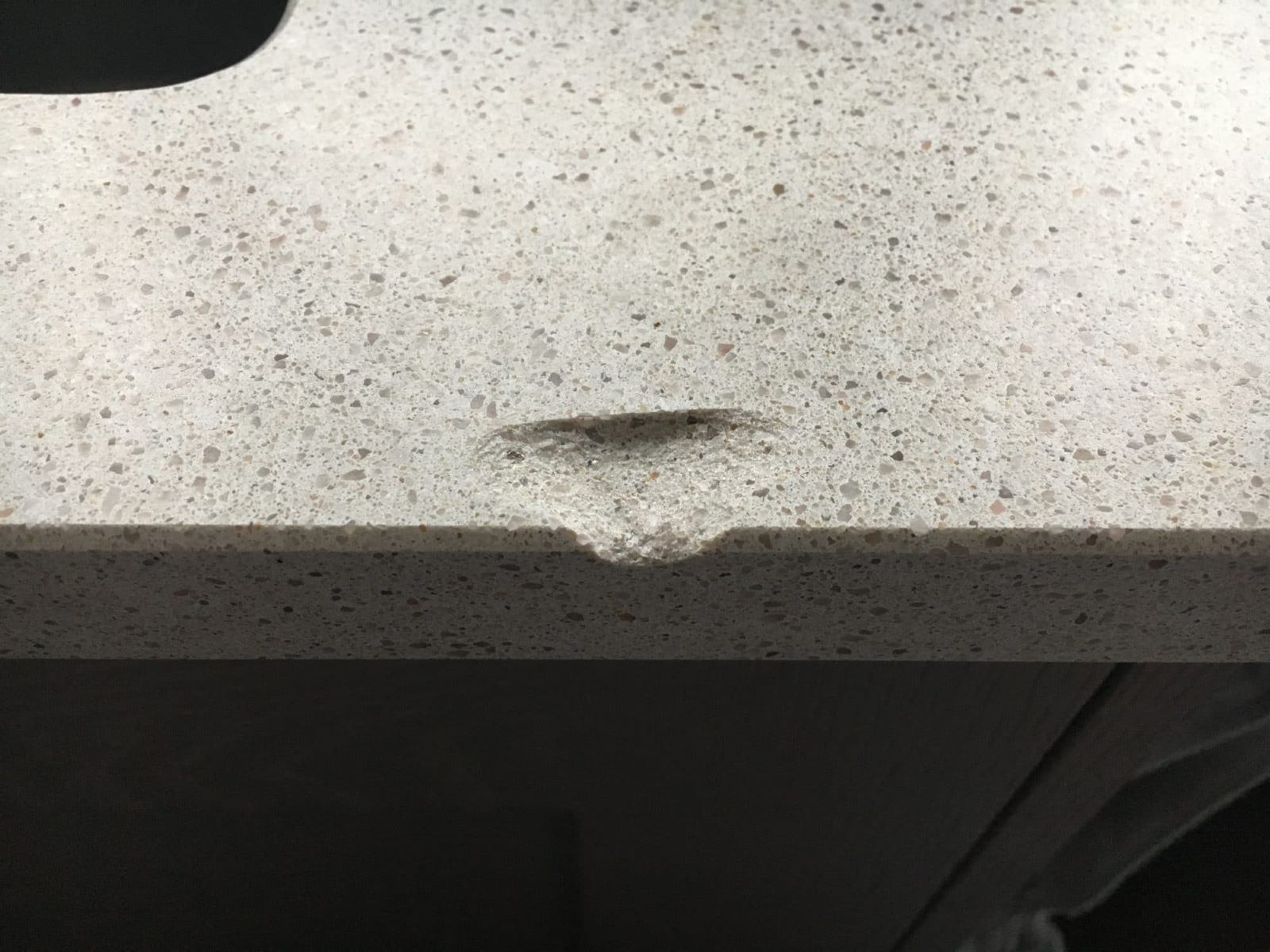

0 thoughts on “What Should You Not Use On Quartz Countertops”